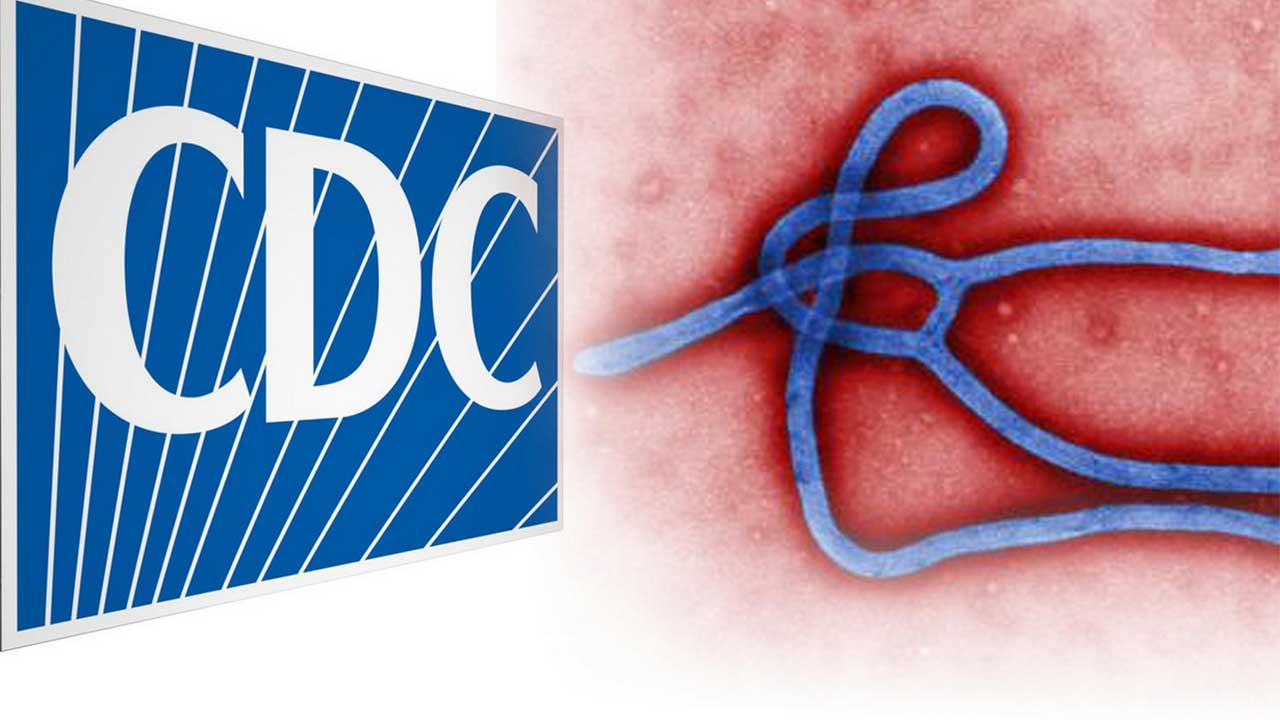How do I protect myself against Ebola?
ByInformation from the Centers for Disease Control
Wednesday, October 15, 2014
If you must travel to an area affected by the 2014 Ebola outbreak, protect yourself by doing the following:
Wash hands frequently or use an alcohol-based hand sanitizer.Avoid contact with blood and body fluids of any person, particularly someone who is sick.Do not handle items that may have come in contact with an infected person's blood or body fluids.Do not touch the body of someone who has died from Ebola.Do not touch bats and nonhuman primates or their blood and fluids and do not touch or eat raw meat prepared from these animals.Avoid hospitals where Ebola patients are being treated. The U.S. Embassy or consulate is often able to provide advice on medical facilities.Seek medical care immediately if you develop fever (temperature of 101.5F/ 38.6C) and any of the other following symptoms: headache, muscle pain, diarrhea, vomiting, stomach pain, or unexplained bruising or bleeding.Limit your contact with other people until and when you go to the doctor. Do not travel anywhere else besides a healthcare facility.CDC has issued a Warning, Level 3 travel notice for three countries. U.S. citizens should avoid all nonessential travel to Guinea, Liberia, and Sierra Leone. CDC has issued an Alert, Level 2 travel notice for Nigeria. Travelers to Nigeria should take enhanced precautions to prevent Ebola. CDC has also issued an Alert, Level 2 travel notice for the Democratic Republic of the Congo (DRC). A small number of Ebola cases have been reported in the DRC, though current information indicates that this outbreak is not related to the ongoing Ebola outbreaks in Guinea, Liberia, Nigeria and Sierra Leone. For travel notices and other information for travelers, visit the Travelers' Health Ebola web page.
For full coverage on the Ebola virus, click here.











